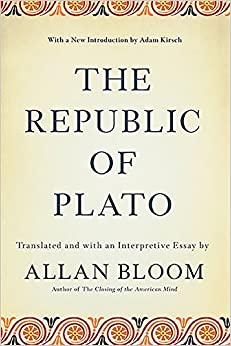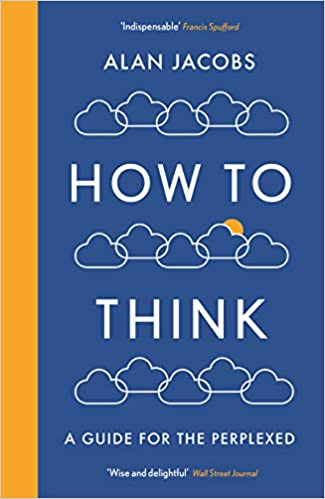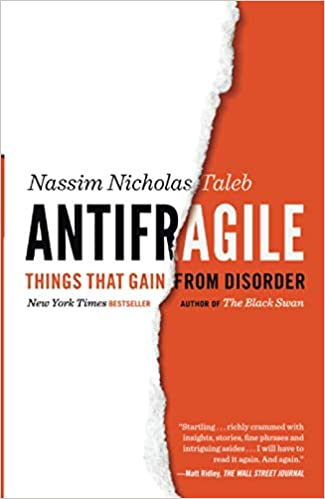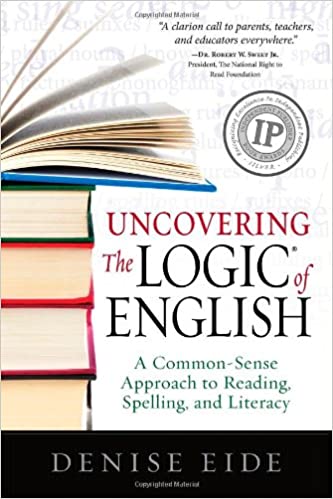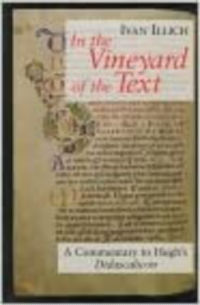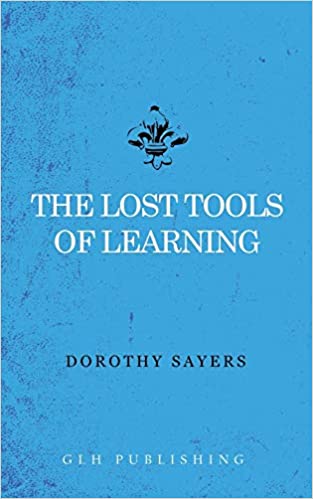The Republic of Plato
The definitive translation of Plato's Republic, the most influential text in the history of Western philosophy
Long regarded as the most accurate rendering of Plato's Republic that has yet been published, this widely acclaimed translation by Allan Bloom was the first to take a strictly literal approach. In addition to the annotated text, there is also a rich and valuable essay -- as well as indices -- which will enable readers to better understand the heart of Plato's intention.
More info →How To Think: A Guide for the Perplexed
How to Think is a contrarian treatise on why we're not as good at thinking as we assume - but how recovering this lost art can rescue our inner lives from the chaos of modern life.
Most of us don't want to think, writes the American essayist Alan Jacobs. Thinking is trouble. It can force us out of familiar, comforting habits, and it can complicate our relationships with like-minded friends. Finally, thinking is slow, and that's a problem when our habits of consuming information (mostly online) leave us lost in the echo chamber of social media, where speed and factionalism trump accuracy and nuance.
More info →Wine: A Beginner’s Guide
Everything you need to know about the fruit of the vine―From A to Zinfandel.
If you enjoy wine―but can’t articulate why―you’re not alone! From terroir to global varieties, Wine: A Beginner’s Guide breaks down the complex bouquets of winemaking and tasting into ways that are fun and easy to understand.
Learn what really makes a cabernet sauvignon red. Taste how it’s possible to detect a hint of leather, chocolate, or even rubber in a single sip. Confidently discuss the subtleties of different types of grapes with the guide that has everything you need to know to grow your love of wine.
More info →Antifragile: Things That Gain from Disorder
Antifragile is a standalone book in Nassim Nicholas Taleb’s landmark Incerto series, an investigation of opacity, luck, uncertainty, probability, human error, risk, and decision-making in a world we don’t understand. The other books in the series are Fooled by Randomness, The Black Swan, Skin in the Game, and The Bed of Procrustes.
More info →Uncovering the Logic of English: A Common-Sense Approach to Reading, Spelling, and Literacy
Discover this revolutionary method that Dr. Temple Grandin called "really helpful for teaching reading to children who are mathematical pattern thinkers..."
Predominant reading methods require students to break the complex code of English without help. This has resulted in low literacy rates and explains why many highly educated professionals cannot spell. By revealing the logical patterns underlying 98% of English words, Uncovering the Logic of English eliminates the need to guess and provides a logical solution to English spelling.
Simple answers are given for questions such as:
- Why is there a silent final E in have?
- Why don't we drop the E in noticeable?
- Why is discussion spelled with -sion rather than -tion?
As the rules unfold it becomes apparent how this knowledge is vital to reversing the educational crisis that is plaguing America. This slim volume is easy to read and accessible to parents and classroom teachers. A thorough appendix summarizes the most important concepts for quick reference.
More info →In the Vineyard of the Text: A Commentary to Hugh’s Didascalicon
In a work with profound implications for the electronic age, Ivan Illich explores how revolutions in technology affect the way we read and understand text.
Examining the Didascalicon of Hugh of St. Victor, Illich celebrates the culture of the book from the twelfth century to the present. Hugh's work, at once an encyclopedia and guide to the art of reading, reveals a twelfth-century revolution as sweeping as that brought about by the invention of the printing press and equal in magnitude only to the changes of the computer age—the transition from reading as a vocal activity done in the monastery to reading as a predominantly silent activity performed by and for individuals.
More info →The Lost Tools of Learning
This book was originally given as a talk by Dorothy Sayers at Oxford University in 1947 on the benefits of a classical education for children. It is great brief introduction to the advantages of a classical education.
More info →
